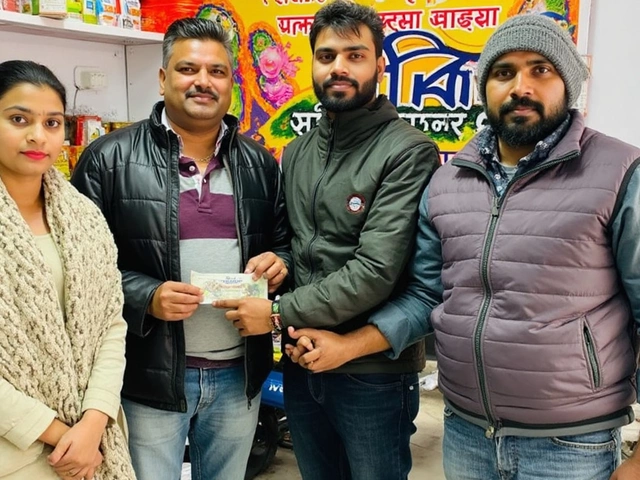How Sankhlecha Connects Faith and Virtue
Sankhlecha doesn’t just talk about devotion like it’s a one-hour affair on a weekend. He sees devotion as something that soaks into your everyday choices and reshapes how you treat people. The heart of his teaching? Start with true faith, and good actions will begin to come almost naturally. It’s like planting a seed—take care of the roots, and everything above the ground starts to thrive.
For Sankhlecha, being devoted isn’t just about what you think or feel. It shows up in how you speak to others, how honestly you act, and even how patient you are when life goes sideways. Little ritual actions—a prayer in the morning, a mindful moment before a meal—these serve as reminders. They hold you steady when doubts or temptations pull at you. According to stories repeated by his followers, even people who struggled with anger or bad habits found it easier to change once they committed to regular spiritual routines.
So, for him, rituals aren’t empty gestures. They’re like checkpoints that nudge people back onto the right path when they start to veer off. The repetition builds a rhythm—it’s easier to act kindly, to forgive, to help others when your day and week have an anchor in these age-old practices.
Rituals as the Glue of Community
Sankhlecha’s ideas don’t stop at the individual. He’s big on how collective rituals—festivals, group prayers, community gatherings—don’t just keep traditions alive; they actually knit people together. Think about it: when everyone turns up for a religious festival and takes part in the same traditions year after year, there’s a real sense that nobody’s alone. Each family, each person, is part of something bigger.
He often reminds his listeners about how young people pick up values almost by osmosis just by being part of these events. Elders model patience or generosity, and it catches on. Even the small rituals—lighting a lamp, sharing food—serve to link generations. This shared rhythm helps a community ride out tough times and makes it easier for people to lean on each other. Instead of relying on abstract rules, people can just look around and see virtue lived out in real life.
What really stands out is his insistence that faith and practice can’t be split. One reinforces the other—belief inspires ritual, ritual remembers belief. By teaching this, Sankhlecha encourages not just personal spiritual growth, but also a community where virtue stands a real chance of surviving the rush and noise of modern life.







